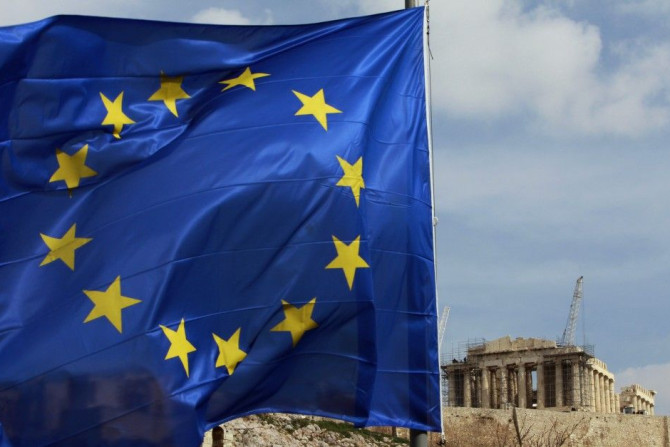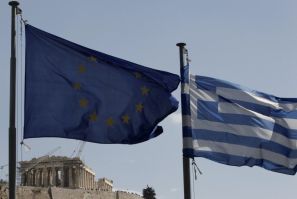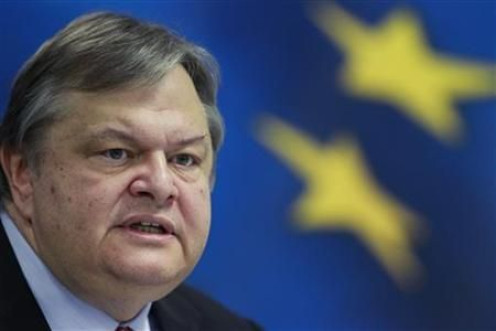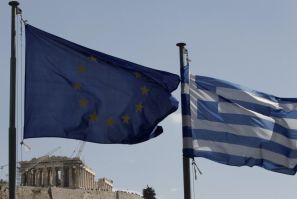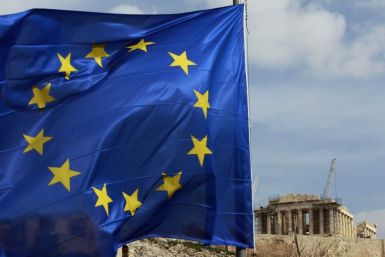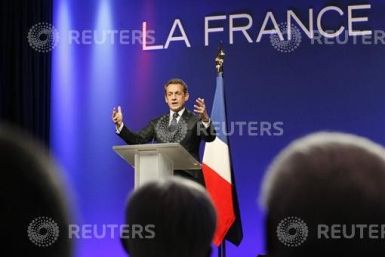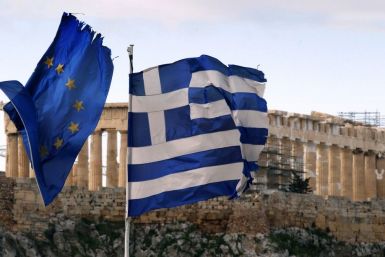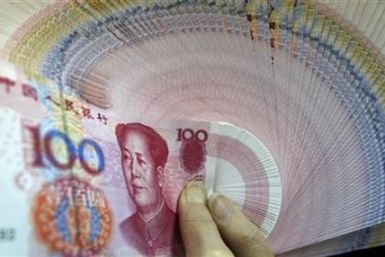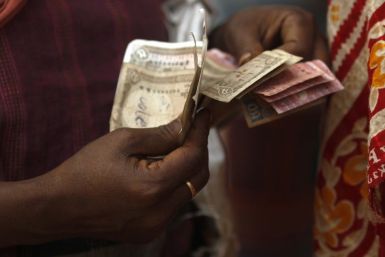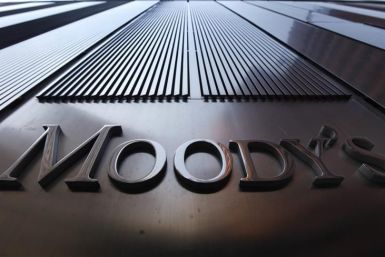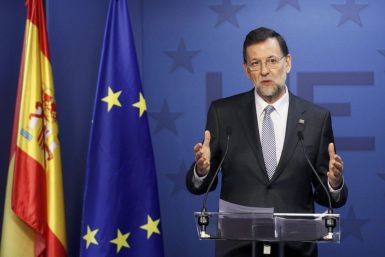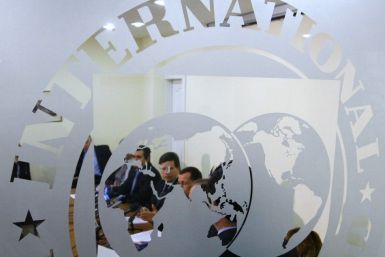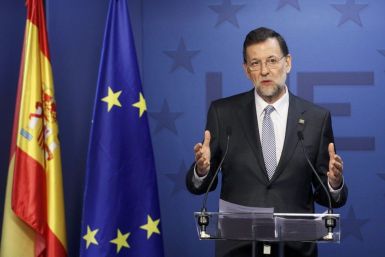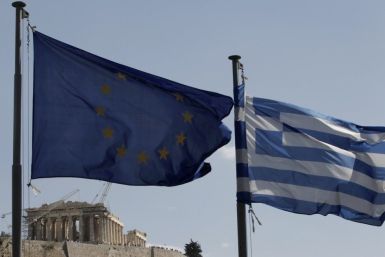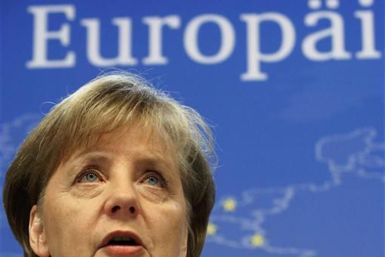The International Swaps and Derivatives Association decided Friday that Greece’s debt swap was a restructuring credit event. Its decision triggers payouts on almost $3.2 billion of credit default swaps -- insurance-like contracts aimed at protecting creditors from loss.
The French president's hopeful comments came as Germany's finance minister warned against overreacting to the deal, saying Greece must use its sovereign debt lifeline wisely.
Greek officials say the deal eases their country's debt burden by €105 billion. Next up: Action by the European Union to determine if Athens will get emergency loans to help avert a default.
The result should clear the way for the European Union and International Monetary Fund to release a 130 billion euro bailout package agreed with Greece in February.
The inflation rate of China reduced sharply to 3.2 percent for February, which is a 20 month low, according to data released on Friday, showing signs that the price pressure is gradually diminishing.
Greece had until Thursday afternoon to persuade at least 70 percent of private holders of its government debt to accept a swap that includes losses of up to 74 percent.
Greece moved closer on Thursday to concluding a bond swap deal with private creditors that it desperately needs to stave off a messy default and buy time to repair its exhausted economy.
Greek tourism revenues could drop by up to five percent in 2012 due to a fall in pre-bookings from Germany, industry officials said Wednesday, denting hopes the key sector will help pull the country out of the Eurozone financial crisis.
The European Commission may on Wednesday tell Hungary it still has concerns over disputed laws, potentially further delaying new talks on an aid deal needed to keep the country solvent.
Despite a slowing growth rate in 2011, Brazil's economy overtook the United Kingdom to become the sixth biggest in the world.
A growing economy, a historically innovative banking sector and a large expatriate population looking for a trusted envoy to handle their money back home have all combined to make Bangladeshi banks amongst the fastest growing companies in the world.
Asian stock markets declined Monday as concerns over the impact of a slowing Chinese economy and tough speech by U.S. President Barack Obama over Iran nuclear program weighed on the sentiment.
China will target for an economic growth of 7.5 percent in 2012 according to state-of-the-nation speech that Premier Wen Jiabao delivered at the annual meeting of the National People’s Congress in Beijing Monday.
Moody's Investors Service on Friday cut the credit ratings of Greece, saying that the recently announced debt-exchange proposals for the country imply expected losses to investors of more than 70 percent.
Despite agreeing to the new European Union fiscal stability pact, Spain has autonomously decided to defy the established deficit target. Spain will not reach the previously set deficit target of 4.4 percent of gross domestic product (GDP) and instead opts for more flexibility, setting a new target of 5.8 percent of GDP.
The U.S. economic recovery could be dented by a renewed drop in housing prices in the short term and the country lacks a credible, comprehensive fiscal plan, posing a major medium-term economic risk, a top IMF official said.
Spain defied the European Union on Friday, setting a 2012 deficit target at 5.8 percent of gross domestic product, a far softer goal than the 4.4 percent agreed with Brussels.
Ireland may need to make further changes to its budget this year if the economy continues to deteriorate, the European Commission said on Wednesday in a draft of a report obtained by Reuters.
Saudi Arabia said on Wednesday it will honor the commitment of $3.75-billion financial aid to Egypt, responding to complaints from Egyptian Prime Minister Kamal Ganzouri.
Standard & Poor's has announced that its rating on Greek sovereign debt has been downgraded to selective default, subsequent to agreement by banks to write off more than half of their Greece debt holdings.
Germany, the chancellor says, is willing to put €11 billion ($14.7 billion) into the euro zone's main bailout fund this year and next -- as long as its currency partners do the same.
Sweden said on Monday it had not added to its gold reserves in January, even though data from the International Monetary Fund on Monday showed a sharp rise in Stockholm's bullion holdings.


